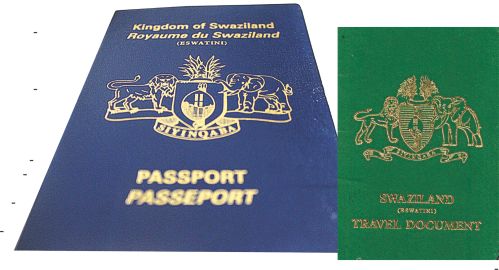Understanding Eswatini: Recent Developments and Cultural Significance

Introduction
Eswatini, formerly known as Swaziland, is a landlocked monarchy situated in Southern Africa. It is an important nation rich in culture and history, with a unique socio-political landscape. Recently, Eswatini has garnered attention due to its evolving political climate and cultural heritage, making it a significant area of discussion in the region.
Current Political Developments
In 2023, Eswatini has witnessed major political developments, particularly regarding civil rights and governance. Protests broke out across the country as citizens called for political reform and greater democratic representation. Demonstrators highlighted the need for constitutional changes and the reduction of absolute power held by the monarchy.
The government’s response to these protests has drawn international scrutiny. In June, during a particularly tense period, protestors were met with force, prompting condemnation from various human rights organisations. As a result, there have been calls for the monarchy to engage in dialogue with dissenters to address the issues raised, though the response from the royal government remains cautious.
Cultural Richness and Heritage
Despite its political challenges, Eswatini continues to be celebrated for its vibrant culture. The nation is well-known for its annual cultural events, such as the Umhlanga Reed Dance and Lobamba Incwala ceremony, which showcase traditional customs and foster national pride. These events have drawn increasing numbers of tourists, contributing to local economies and emphasizing the importance of preserving cultural heritage amidst modern challenges.
The Kingdom of Eswatini also remains significant due to its rich biodiversity, often referred to as the ‘Switzerland of Africa’ for its mountainous terrains and various ecosystems. Conservation initiatives are underway to protect both wildlife and natural landscapes, essential for sustaining the country’s ecological heritage and promoting eco-tourism.
Conclusion
As Eswatini stands at a crossroads, the interplay between its rich cultural heritage and evolving political landscape raises important questions about the nation’s future. The increasing calls for reform highlight a populace eager for change, while traditional customs continue to bind the society together. For readers and observers, the current events in Eswatini not only provide insights into the challenges faced by this small kingdom but also showcase its potential as it strives for transformation amidst preservation of its unique cultural identity. The significance of Eswatini in the wider conversation about governance, democracy, and heritage in Africa cannot be understated, as the nation seeks its path forward.
You may also like

The Importance of Nations in Modern Society

Understanding National Events and Their Significance
